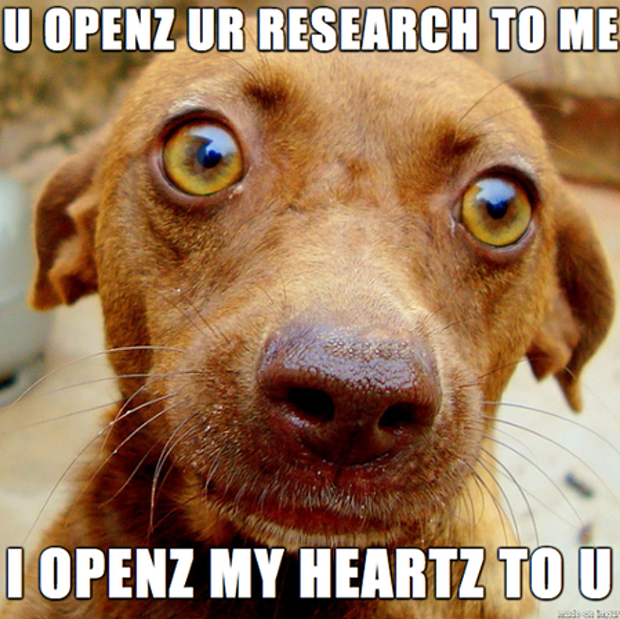
Reflecting on Open Access
For this weeks blog I discussed the benefits of Open Source software as a response to the topic on Open Access. Open Source software has become a very popular subject over the last few years and one of many areas affected by the Open Access debate.
I enjoyed engaging in the comparison between open and closed source development however, as always, struggled to keep my argument brief.
Continue reading →


















